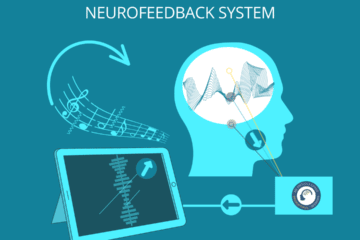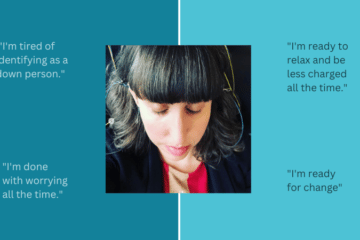
Strong emotions can and will show up in our lives.
Our inner life, how we feel and the thoughts we think about ourselves and others matters. It especially matters when things feel off, not right, or extremely painful. It is easy to feel out of control or overwhelmed by our strong emotions sometimes. Dysregulation can easily occur and once we are dysregulated it is hard to make logical and rational choices for ourselves and our well-being. In Buddhist psychotherapy, our approach is to mix traditional Western psychology with Eastern philosophies and practices.
In traditional therapy, it might be helpful to identify triggers for dysregulation and then to explore the sign/symptom of dysregulation such as:
- Feeling spaced out of frozen
- Feeling numb
- Difficulty speaking (forgetting words)
- Inability to pay attention
- Clumsy or flustered
- Feelings of rage or intense frustration
- Feelings of intense fear or paranoia
The Buddhist teachings are equally interested in exploring our direct experience; what happens, how does it make us think or feel, and what do we do from there. But there is a particular approach or flavor to that exploration. Built into the Buddhist teachers are a number of practices to support and enhance self-love and compassion. The main practice for this is mindfulness meditation.
Mindfulness meditation is an opportunity to notice thoughts, feelings, and sensations but come back to the breath. The practice of this over time helps one witness or observe the thoughts rather than be swept up into them.

If you are interested in exploring meditation as a tool to support strong emotions where do you start? For some, it is an app like Buddhify or headspace. For others, it might be a great book like Thoughts Without a Thinker by Mark Epstein or When Things Fall Apart by Pema Chodron. Learning to meditate and practising with others can be a powerful experience and for that, there are a number of meditation centers one could attend like Zen centers, Shambhala Meditation centers, Insight Meditation centers. Like with anything new, starting slowly with an open mind can be very helpful.
An inspiring and helpful guided meditation I share and do with clients often is Tara Brach’s RAIN.
The 4 components to the RAIN meditation are to call up some of your strong emotions and then to:
- Recognize
- Allow
- Investigate
- Nurture
It might not be easy to do this work at first but like anything time and practice helps. Being on a path to get to know yourself means you will have to get familiar with dark, lonely, angry, scared parts. Our strong emotions can and will feel intense but they are always workable even when they feel like that aren’t.


